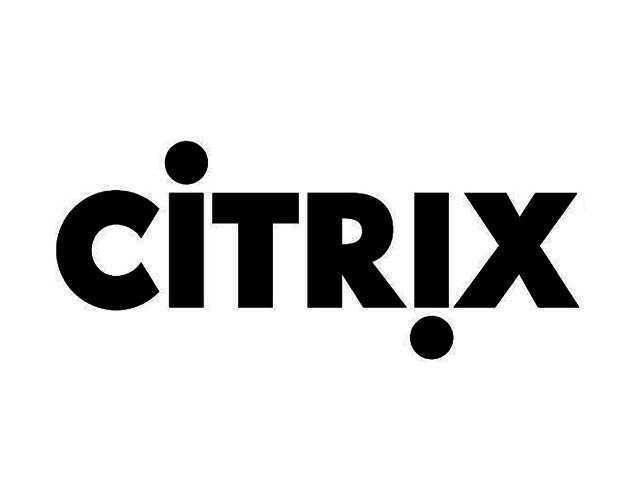Today, new research from Citrix reveals that some 92% of businesses across South Africa’s key industry sectors agree that digital adoption has a direct impact on company profits. Despite such broad realisation, more than half of these businesses (54%) indicate that they are unprepared for the future – demonstrating that high awareness of the need to adopt technologies and prepare does not equate to the know-how, leadership or guidance around what needs to be done.
The study, which was commissioned by Citrix and conducted by research firm IPSOS, involved a series of 140 interviews with high-level South African business leaders across a number of sectors, including agriculture, manufacturing, financial services, retail and mining.
Conflicting emotions
The good news is that the future of technology and its impact is mostly seen as positive, and there is a realisation that these industries need to become more technology-orientated in an increasingly knowledge-based economy.
Some of the key positive views of future technology include: helping to boost profits (92%); forcing businesses to be more agile (92%); opening borders across markets (90%); driving more automation of work processes (90%); greater up-skilling of employees (88%); greater entrepreneurship (82%).
On the other hand, there are also negative effects outlined by these organisations, with just over half agreeing that technology will lead to a growing divide between rich and poor (56%), while 51% suggest that it will increase unemployment and 45% even fear that it will make humans redundant.

Brendan McAravey, country manager, Citrix South Africa
Wait and see
The majority of companies are choosing to adopt a wait-and-see attitude to technology, rather than positioning themselves as innovators, with just over three quarters (76%) describing themselves as ‘followers’, with the ‘innovators’ comprising the remaining 24%. Interestingly, only 19% of retailers view their organisations as innovators, while 39% of those in manufacturing consider themselves as innovators, despite their apparent diminishing importance in the SA economy.
Most organisations and industries continue to struggle with balancing the benefits and the challenges related to technology. For example, there is a clear understanding that in the long term, adopting technology will save the enterprise money; however, there is also recognition of the fact that it is expensive to implement and potentially disruptive for the business during the implementation process.
By the same token, adopting technology offers the business a whole new level of profitability and efficiency, since it improves the effectiveness of employees and business process. However, organisations are rightly concerned about the speed of technological advancement, fearing that they may invest in the wrong technology and thus fail to achieve a return of investment.
There are also worries that clients and stakeholders might struggle to align with any new technology implementation, as well as concerns over issues related to legislative requirements and cybersecurity.
Looking at the four market sectors, it is interesting to note that those expected to be the quickest at adopting technology change – finance (34%) and retail (24%) - are not seen by their peers as being the future economic leaders. Instead, it is mining and manufacturing that are viewed as being such leaders, despite lagging significantly in terms of technological change.
What does it all mean?
Whilst 92% agree that businesses will be forced to be more agile and adapt more quickly, only 54% feel prepared for the future. Within the manufacturing space, such key areas of facilitation might include the unpacking of the requirement for IT infrastructure, the implementation of automation and even employee up-skilling to enable them to be proficient with the new solutions.
The question now is how to shift that recognition to reality by ensuring that all sectors of South Africa’s economy become more technologically driven, not only to remain locally relevant, but also for South Africa to compete on a global scale. The answer may simply lie in proactive guidance and facilitation to enable digital business transformation.
“It’s clear that businesses in general realise the advantages of staying on top of the technology curve, but many remain concerned about challenges linked to the adoption of new solutions. The future of work is fast approaching, and a willingness to embrace a more productive, efficient and flexible approach to work is vital,” notes Brendan Mc Aravey, country manager, Citrix South Africa.
“With South Africa’s unpredictable economy, the country’s key economic sectors need to understand the benefits of digital adoption as a means to remain globally relevant and boost profit margins. By investing in training, research and development businesses have the ability to move beyond the status quo and become innovators. Citrix, as an enabler of digital business and a secure and productive workforce, calls upon businesses to be willing to invest in a growing digital business today in order to survive tomorrow,” he concludes.
Methodology:
Citrix commissioned IPSOS to conduct a survey which consisted of 140 interviews across the financial services, manufacturing, retail and mining sectors. The surveys were conducted during the months of October and November 2017.





